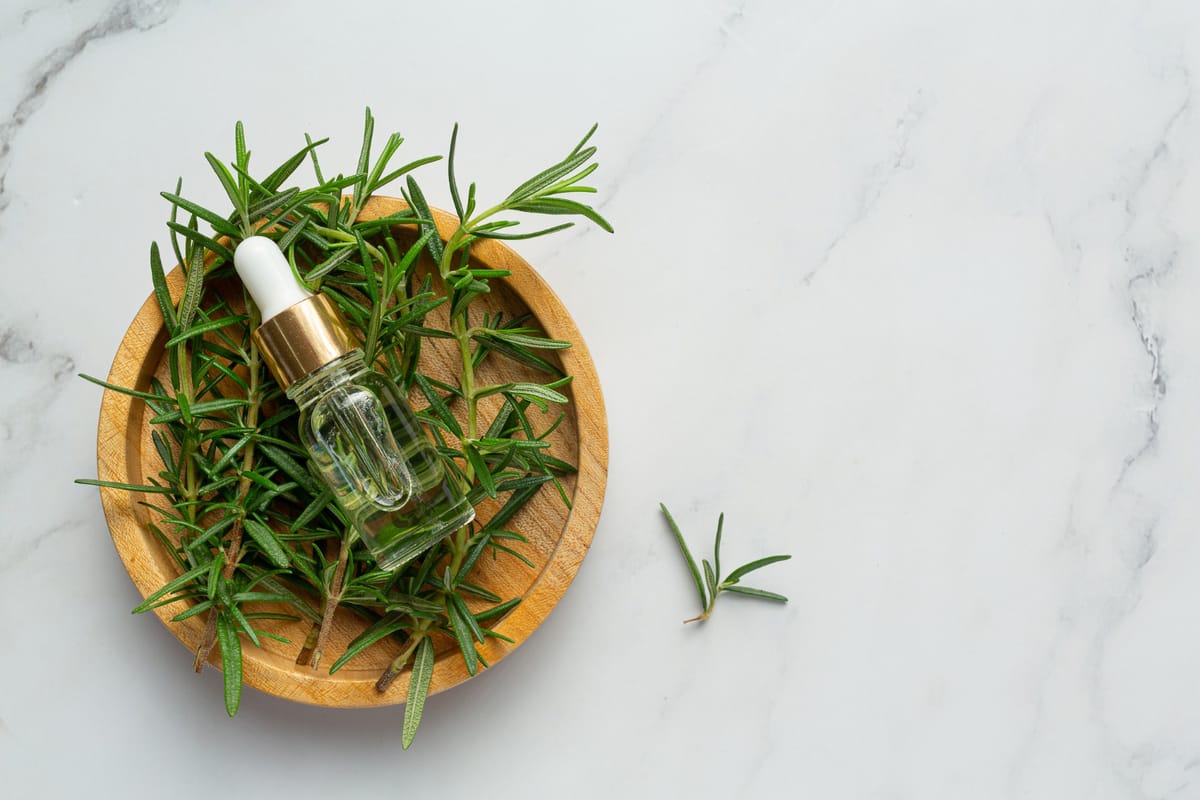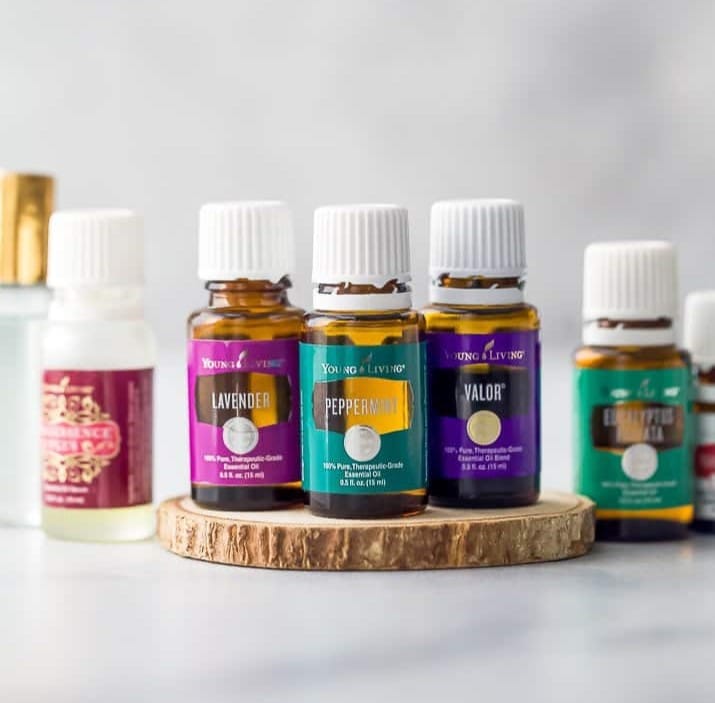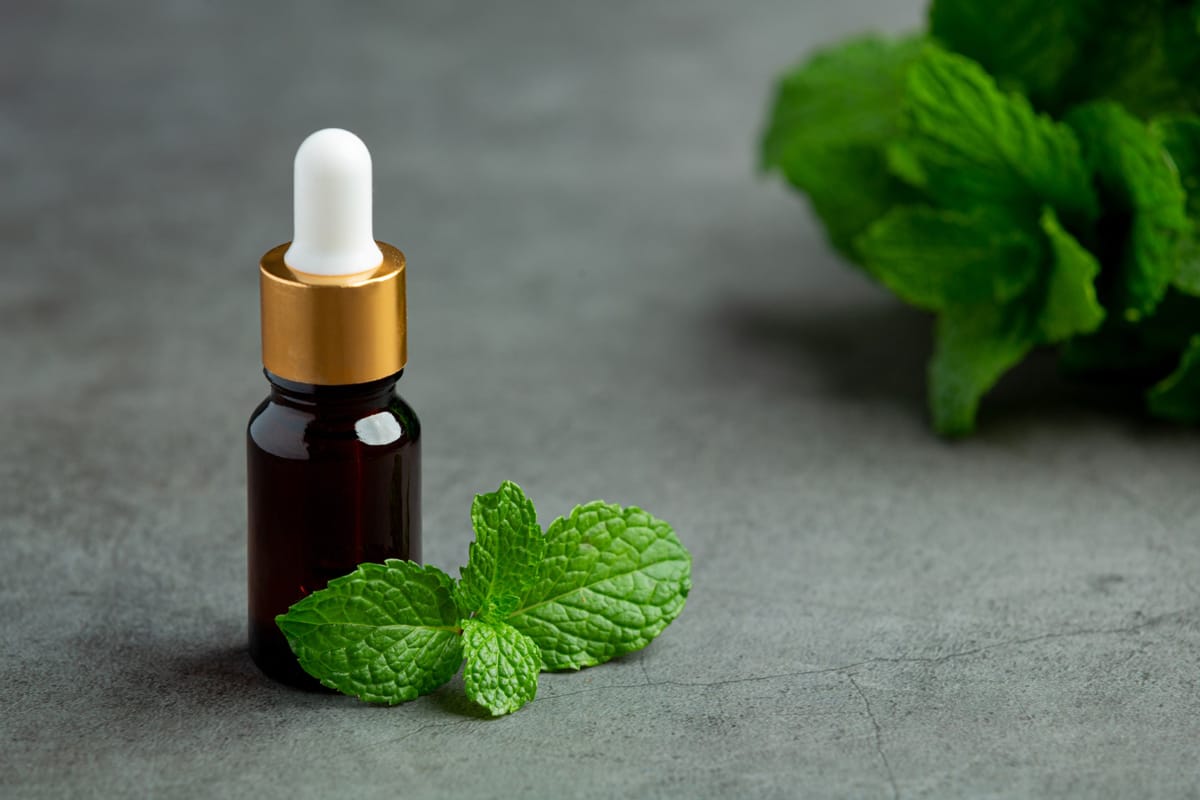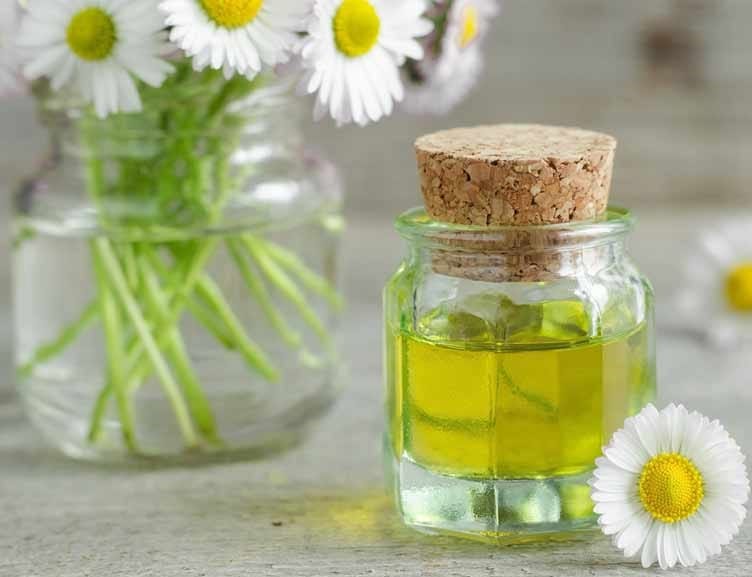Key Takeaways:
Lavender oil is widely recognized for its potential in alleviating headache symptoms.
Scientific studies, including randomized clinical trials, suggest lavender's effectiveness in treating migraine headaches.
Essential oils, including lavender, should be used with care, considering product safety and proper application methods.
Introduction to Lavender and Headaches
Lavender, a plant with a rich history of medicinal use, has been touted for its calming and therapeutic properties. Among its many applications, lavender oil is often recommended for headache relief. But does lavender help with headaches? This article delves into the scientific evidence and practical applications of lavender oil as a remedy for various types of headaches.
The Science Behind Lavender Oil for Headaches
Research suggests that lavender essential oils may have a role in treating headaches, particularly migraine attacks. A randomized clinical trial has shown that inhaling lavender essential oil can be an effective and safe treatment modality for migraine relief. The exact mechanism is not fully understood, but it is believed that lavender oil may work by affecting the nervous system, lowering blood pressure, and reducing stress, all of which can contribute to headache pain.
Lavender Oil and Migraine Headaches
Migraine headaches are a debilitating condition affecting millions worldwide. A placebo-controlled clinical trial has indicated that patients who inhaled lavender oil during a migraine attack experienced a significant reduction in pain intensity compared to a control group. This points to lavender oil's potential as an alternative remedy in the treatment of migraine headaches.
Essential Oils for Headaches: Beyond Lavender
While lavender is one of the most popular essential oils for headache relief, it is not the only option. Other essential oils, such as peppermint oil, chamomile oil, and eucalyptus oil, have also been used to treat headaches. These oils are believed to work by relieving pain, stimulating blood flow, and providing anti-inflammatory properties.
The Role of Carrier Oils in Headache Relief
When applying essential oils topically, it is crucial to use carrier oils to dilute the potent extracts. Carrier oils like jojoba oil, almond oil, and olive oil can help in safely administering essential oils and enhancing their pain-relieving properties. A few drops of lavender oil mixed with carrier oil can be applied to the temples or forehead to soothe headaches.
Chamomile Essential Oil and Headache Relief
Chamomile essential oil, known for its calming effects, is another alternative for headache relief. Inhaling chamomile oil or applying it topically with a carrier oil can help in reducing headache severity. Chamomile tea is also a popular remedy for stress headaches and promotes relaxation.
Rosemary Oil: A Natural Remedy for Headaches
Rosemary essential oil is another natural remedy that has been used for centuries to treat migraines and tension headaches. Its pain-relieving and anti-inflammatory properties make it a suitable choice for those seeking natural headache relief. Applying rosemary oil with a carrier oil can help in relieving pain and reducing headache symptoms. Peppermint Oil: A Potent Essential Oil for Headaches Peppermint oil is often touted as one of the best essential oils for headache relief due to its significant pain-relieving properties. A key component, menthol, is known to help relieve pain in both the muscles and the head, making it a popular choice for those suffering from tension headaches. Applying peppermint oil topically can create a cooling sensation that helps to relax the muscles, potentially reducing headache symptoms and providing comfort.
In terms of scientific backing, some studies suggest that peppermint oil may be as effective as acetaminophen for tension headaches when applied topically. It's important to note that while research is promising, many studies on peppermint oil and headache relief are not placebo-controlled clinical trials. This means that further research, particularly randomized controlled clinical trials, is necessary to conclusively determine its efficacy. Nonetheless, many individuals report significant relief when using peppermint oil as part of their headache management routine.
The Impact of Stress on Headaches and How Essential Oils Can Help Chronic stress is a common trigger for both tension headaches and migraines, as it can lead to the tightening of head and neck muscles. Essential oils with anti-inflammatory properties and the ability to reduce stress may offer a natural way to mitigate these headache triggers. For instance, topical chamomile is known for its calming effects and may help to soothe the nervous system, potentially reducing the frequency and severity of stress-induced headaches.
Moreover, a migraine headache placebo-controlled study could provide valuable insights into the effectiveness of essential oils for migraine pain relief. While product manufacturers addressed safety and efficacy anecdotally, rigorous scientific evidence is essential to validate these claims. Essential oils like lavender and chamomile, which are reputed to have calming and anti-inflammatory properties, are often recommended as part of a holistic approach to pain relief. As research evolves, these natural remedies may become an integral part of headache and migraine management strategies.
Peppermint Oil: A Potent Ally Against Tension Headaches
The use of peppermint oil in combating tension headaches is gaining traction in the realm of natural remedies. With its significant anti-inflammatory properties, peppermint oil has been observed to soothe the muscles around the head and neck, potentially easing the discomfort associated with tension headaches. A study published in the International Journal of Clinical Practice suggests that topical application of peppermint oil can be as effective as acetaminophen for tension-type headaches.
In addition to its pain-relieving qualities, peppermint oil is known for its cooling effect, which can provide immediate relief when applied to the forehead and temples. This cooling sensation is attributed to the presence of menthol, an active compound in peppermint oil. While more research is needed to fully understand the mechanisms involved, the anecdotal evidence and preliminary studies point to peppermint oil as a promising natural alternative for those seeking respite from tension headaches.
The Impact of Anti-Inflammatory Properties in Essential Oils on Headaches
The exploration of essential oils as a remedy for headaches often highlights their anti-inflammatory properties. These properties are particularly significant because inflammation can be a contributing factor to the onset of headaches, including tension headaches. For instance, essential oils like ginger and turmeric are renowned for their anti-inflammatory effects and have been used in traditional medicine for centuries. Modern research is beginning to validate these uses, with studies indicating that the bioactive compounds in these oils can inhibit inflammatory pathways in the body, potentially providing relief from headache pain.
Moreover, the anti-inflammatory properties of essential oils are not limited to just pain relief; they also play a role in overall wellness. By reducing inflammation, these oils may help to alleviate the underlying conditions that can trigger headaches. For example, lavender oil, which is already well-known for its calming effects, also contains compounds that can reduce inflammation. This dual action makes it a popular choice for those seeking natural headache remedies. As research continues, the full scope of how these anti-inflammatory properties affect headache symptoms is an exciting area for further exploration.
Placebo-Controlled Clinical Trials in Essential Oil Research for Headaches
Placebo-controlled clinical trials are the gold standard in medical research for determining the efficacy of a treatment, and this includes studies on essential oils for headaches. These trials are designed to eliminate bias and ascertain whether the effects of the essential oils are due to the compounds themselves or the result of a placebo effect. In the context of headache relief, a placebo-controlled clinical trial might involve comparing the effects of an essential oil blend with a placebo substance, such as an unscented oil, to assess the true impact of the essential oil on headache symptoms.
The importance of such trials cannot be overstated, as they provide the most reliable evidence on which to base therapeutic recommendations. For example, a placebo-controlled clinical trial investigating peppermint oil's effectiveness in treating tension headaches could provide clear data on its actual benefits. By ensuring that the research is rigorous and the results are credible, these trials help to validate the use of essential oils in clinical settings and offer individuals suffering from headaches evidence-based alternative options for their pain management.
The Efficacy of Aromatherapy in Headache Management
Aromatherapy, the therapeutic use of essential oils, has been studied in the context of headache treatment, with a focus on its potential to alleviate symptoms without the side effects associated with pharmaceutical interventions. A randomized controlled clinical trial published in the European Journal of Integrative Medicine examined the effects of inhaling lavender essential oil on migraine sufferers and found a significant reduction in pain severity compared to the control group.
However, the importance of placebo-controlled clinical trials in this field cannot be overstated. Such trials are crucial in determining whether the perceived benefits of aromatherapy are due to the actual effects of the essential oils or the psychological impact of expecting relief. By employing rigorous scientific methods, researchers can isolate the true efficacy of aromatherapy in headache management and provide individuals with reliable, evidence-based alternatives to traditional headache medications.
Eucalyptus Oil Inhalation for Sinus Headaches
Sinus headaches, often accompanied by nasal congestion, can be particularly uncomfortable. Eucalyptus oils, with their strong, refreshing scent, can help in clearing the sinuses and relieving headache pain. Eucalyptus oil inhalation is a common practice for those suffering from sinus headaches.
The Importance of Placebo-Controlled Clinical Trials
To validate the effectiveness of essential oils in treating headaches, placebo-controlled clinical trials are essential. These trials help in determining whether the perceived benefits are due to the oil itself or a placebo effect. Scientific evidence from such trials supports the use of certain essential oils, including lavender, for headache relief.
Purchasing Essential Oils: Safety and Quality Considerations
When purchasing essential oils, it is important to consider product safety and quality. Product manufacturers should have addressed safety concerns and provided pure, high-quality oils. Consumers should look for oils that have undergone rigorous testing and are free from additives or contaminants.
Applying Essential Oils Topically: Best Practices
To apply essential oils topically for headache relief, it is best to use a few drops mixed with a carrier oil. This method helps in preventing skin irritation and ensures that the oils are absorbed safely. It is also recommended to perform a patch test before using a new essential oil to check for any adverse reactions.
Alternative Remedies for Headache Pain
Apart from essential oils, there are other alternative remedies for headache pain. Techniques such as taking a hot bath, using a cold compress, or engaging in relaxation exercises can also contribute to headache relief. These methods can be used in conjunction with essential oils to enhance their effectiveness.
The Health Benefits of Lowering Blood Pressure
Lowering blood pressure is not only beneficial for cardiovascular health but can also contribute to headache relief. High blood pressure can exacerbate headache symptoms, and natural remedies that help in reducing blood pressure, such as lavender oil, can help manage headaches.
Treating Headaches with a Holistic Approach
A holistic approach to treating headaches involves considering both the physical and emotional factors that contribute to headache pain. Essential oils can be part of a comprehensive treatment plan that includes lifestyle changes, stress management, and dietary adjustments to prevent and relieve headaches.


Can lavender oil be used to treat all types of headaches?
While lavender oil is most commonly associated with migraine relief, it may also be beneficial for tension and sinus headaches. However, individual responses can vary, and it is important to consult with a healthcare professional for personalized advice.
How should lavender oil be applied for headache relief?
Lavender oil should be diluted with a carrier oil and applied to the temples, forehead, or neck. A few drops are usually sufficient, and it is important to avoid contact with the eyes and mucous membranes.
Are there any side effects associated with using lavender oil for headaches?
Lavender oil is generally considered safe when used as directed. However, some individuals may experience allergic reactions or skin irritation. It is recommended to conduct a patch test before using any new essential oil.

Lavender oil, along with other essential oils, has shown promise in the treatment of various types of headaches, including migraines. Scientific evidence from randomized clinical trials supports the use of lavender for migraine relief. However, it is important to use essential oils safely, considering the quality of the product and the method of application. While lavender oil can be an effective remedy, it should be part of a broader approach to headache treatment that addresses the underlying causes and promotes overall well-being.













